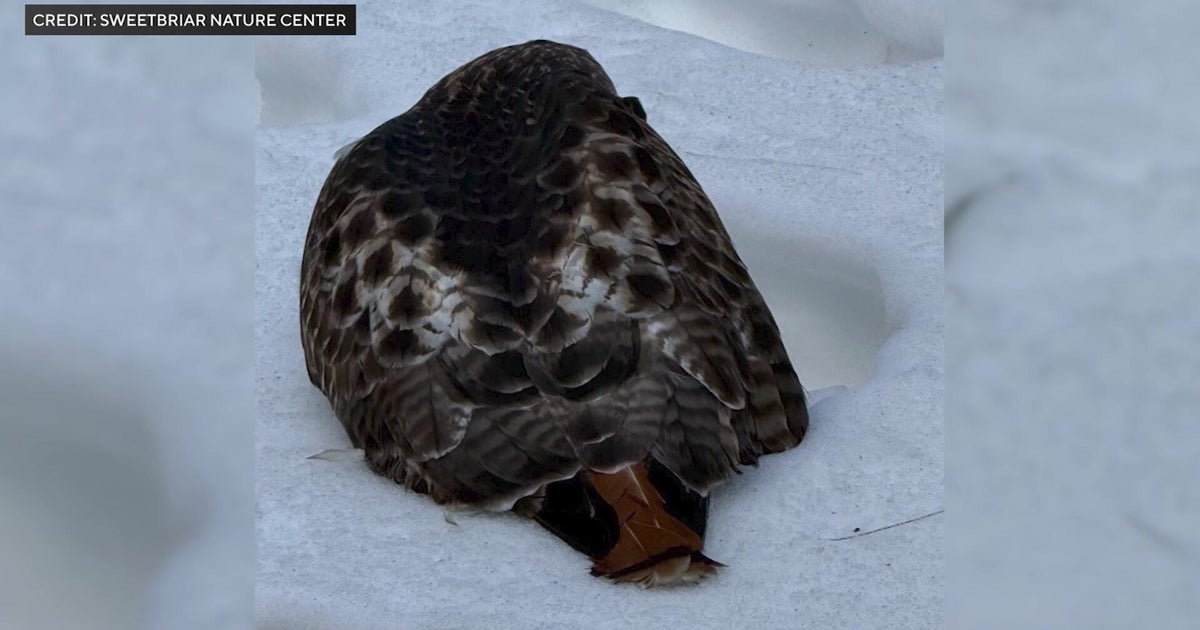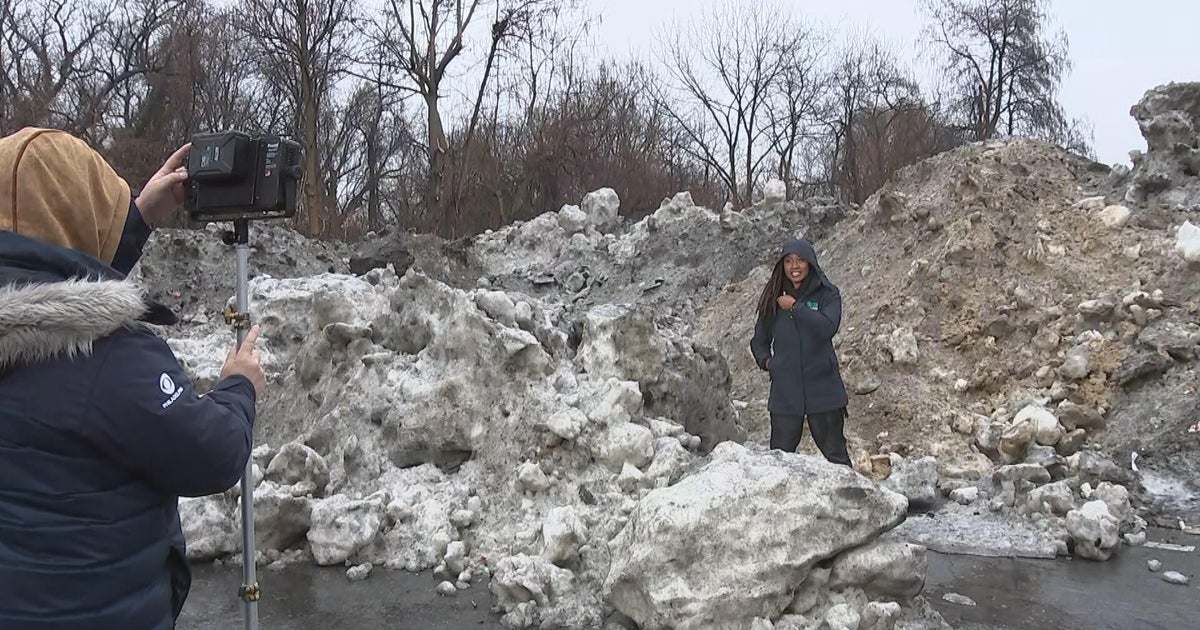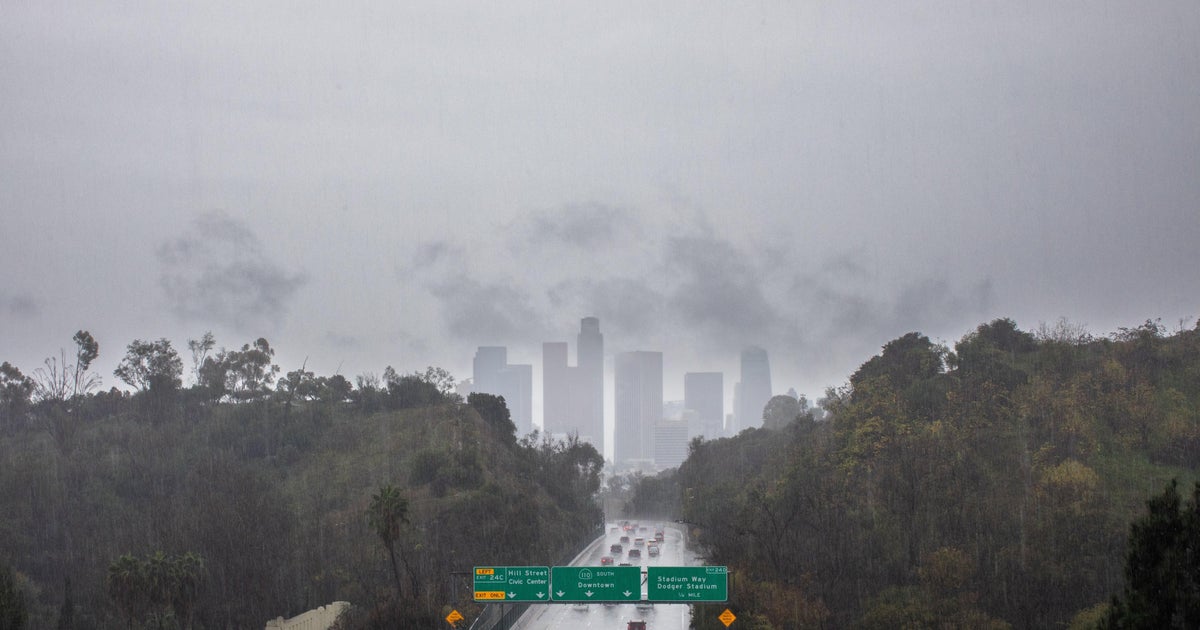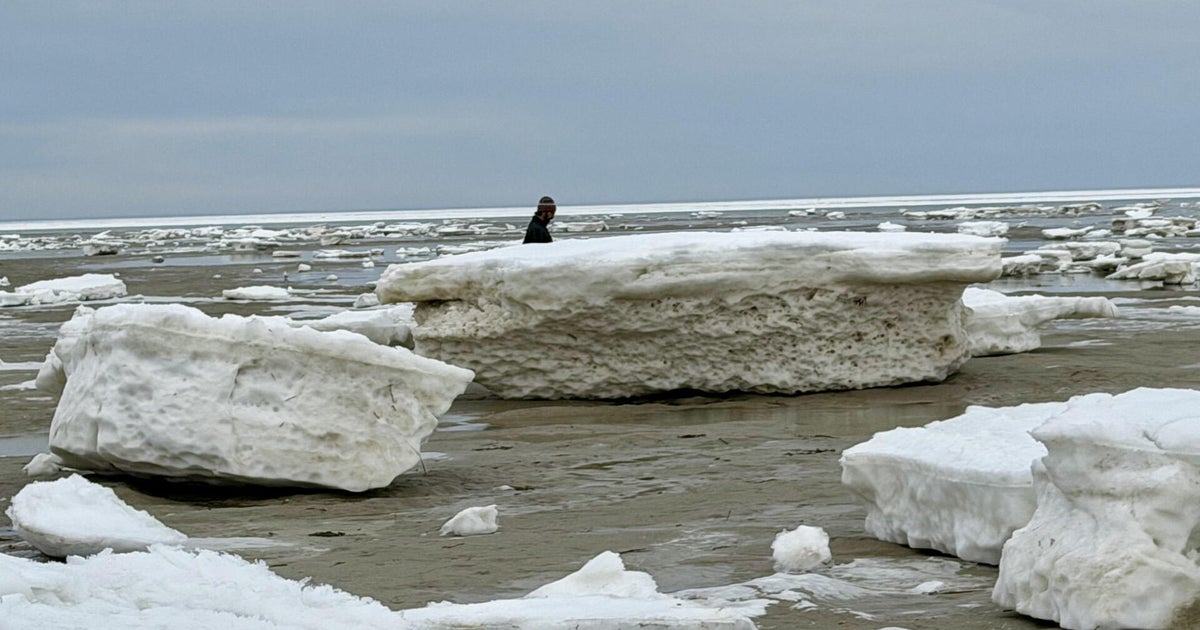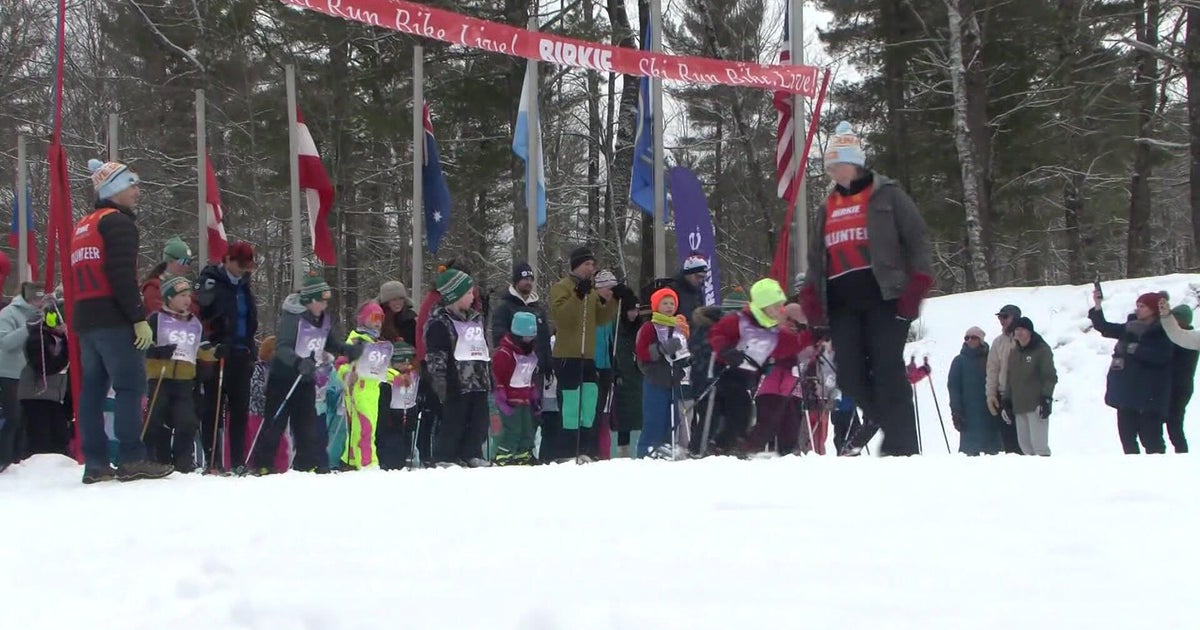Warm, Dry Winter Bringing Chesapeake To Life Early
BALTIMORE (AP) -- Crabs are crawling early out of the mud in the southern end of the Chesapeake Bay, and that's only the beginning of changes expected from the warm, dry winter in the nation's largest estuary.
"All the animals, whether they be fish or crabs, are going to be doing things a little differently. It's going to be really
interesting," said Lynn Fegley, deputy director of fisheries at the Maryland Department of Natural Resources.
The crabs are stirring early in Virginia, rockfish could spawn sooner and algae blooms could be worse than usual because of an extremely mild winter that kept water temperatures above average, scientists and watermen say.
Bird watchers, meanwhile, can look forward to earlier arrivals, with many birds arriving one to three weeks early, according to the American Bird Conservancy.
No one knows for sure what will happen, though. Crabs, for example, are moving earlier, but where they will be caught isn't as clear. That's because while warmer temperatures get them going, the saltiness of bay water affects where they turn up, Fegley said.
Larry Simns, president of the Maryland Watermen's Association, said that because crabs are getting going sooner, they'll have longer to grow, if the fall isn't cold. And he isn't worried about where they will be.
"They're going to be found in all the same places. They're just going to be found earlier, everywhere," Simns said.
Thomas Miller, a fisheries expert at the University of Maryland Center for Environmental Studies who leads an annual assessment of the bay's blue crab population, said one thing is certain: fewer crabs died of cold this winter. Nearly a third of the bay's crabs were lost last winter to cold and Miller estimated less than 5 percent succumbed this winter.
For fish, it all depends on where they spawn, Miller said. Those that spawn offshore, such as flounder and menhaden, do better during warmer winters. Those that come into the bay to spawn, like striped bass, river herring and perch, do better during colder winters, Miller said.
That's because warm winters increase movement of ocean waters for offshore spawning, which helps larvae move about.
For fish that spawn in the bay, the difference between a colder winter and warmer spring temperatures is thought to provide a stronger signal for them to head into the bay, Miller said.
The warm water made it harder to catch striped bass once they got into the bay because the fish "get a glaze over their eyes," when the water is cold, said Kevin Tarleton, 18, a waterman from Tilghman.
"If they got glaze over their eyes then they can't see the net," Tarleton said.
Waterman David Crow said the warm winter weather made work easier on his boat, the Misty Lyn.
"I like it because it's colder out here than it is on land," Crow said as he searched late last month for lost crab pots. "It's
a lot nicer because it gets brutal out here."
Warm water is not all good news for the bay. Warmer water increases the growth of algae, thick strands of which could be seen on the crab traps Crow pulled from the bay. More algae can lead to blooms that rob bay water of oxygen and create dead zones, said Bruce Michael, the director of the DNR's Resource Assessment Service. Sampling of bay water has already found spots with low oxygen levels, Michael said.
The lack of snow and rain, meanwhile, could be good for bay grasses, which provide habitat and help water quality. They can be buried by silt and sediment in muddy runoff.
"We didn't have a big snow melt, so we'll be watching that closely and, hopefully, that is good for our underwater grasses," Michael said.
Bob Orth, a Virginia Institute of Marine Science researcher who works on an annual survey of bay grasses, said he is wondering what the consequences of a warm winter will be.
"We always think we know the answer, then nature comes along and puts a little twist into it," Orth said.
(Copyright 2012 by The Associated Press. All Rights Reserved.)


